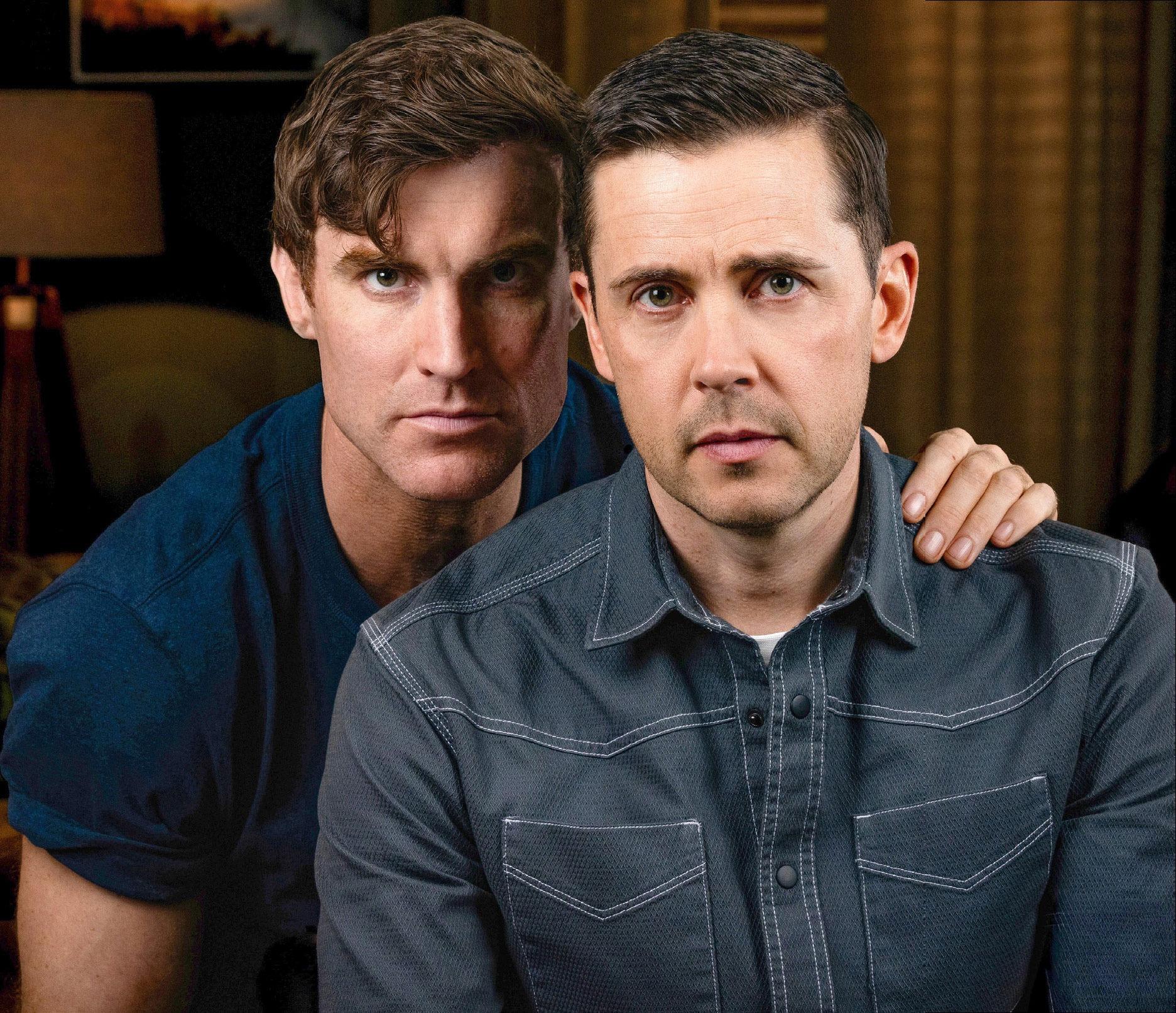In a recent episode of the Nation of Podcast, hip-hop legend Juvenile opened up about the longstanding rivalry between the Calio and Magnolia projects, shedding light on how this conflict impacted the dynamics between two prominent record labels: Cash Money and No Limit. The discussion comes in the wake of a highly publicized Versus battle that featured artists from both sides, highlighting a historic moment for the New Orleans music scene.
 Juvenile, a key figure in the Cash Money roster, reminisced about the roots of the rivalry that prevented collaboration between the two labels for decades. He noted that the street beef stemming from the projects was a significant barrier, with artists from both camps often finding themselves on opposing sides. Despite the absence of collaboration back then, the recent Versus battle provided a platform for these artists to come together and celebrate their shared history.
Juvenile, a key figure in the Cash Money roster, reminisced about the roots of the rivalry that prevented collaboration between the two labels for decades. He noted that the street beef stemming from the projects was a significant barrier, with artists from both camps often finding themselves on opposing sides. Despite the absence of collaboration back then, the recent Versus battle provided a platform for these artists to come together and celebrate their shared history.
Reflecting on the Versus event, Juvenile expressed disappointment over the fan reaction, suggesting that holding the event in New Orleans would have garnered a more enthusiastic audience. He emphasized the importance of connecting with the local fanbase, particularly those who were part of the original hip-hop culture that flourished in the 1990s.
Juvenile also touched on the preparations for the event, admitting that both sides were not fully equipped to showcase their best work. He lamented the absence of key figures like Mystikal and Soldier Slim, which he felt detracted from the overall experience. Furthermore, he hinted that some of the artists present might have been overshadowed by the younger generation, exemplified by the crowd’s excitement for Romeo’s performance.
The conversation took a deeper turn as Juvenile discussed the role of Birdman, the co-founder of Cash Money Records, in the hip-hop landscape. He acknowledged Birdman’s unique persona and his unwavering commitment to his character, even in competitive situations. This sentiment was echoed throughout the discussion, highlighting the complex relationships and rivalries that define the hip-hop industry.
Juvenile’s remarks also extended to the broader cultural context of New Orleans, where he believes the city has not received the recognition it deserves for its contributions to music. He articulated a sense of pride in New Orleans’ rich cultural heritage, noting how the city’s distinctive lifestyle and musical influence have often been overlooked by the mainstream.
The episode concluded with Juvenile reflecting on the past, emphasizing that the rivalry was not just a matter of competition between record labels but also a result of personal and community ties. He underscored the importance of unity within the hip-hop community, advocating for collaboration and mutual respect among artists, regardless of their affiliations.
As discussions about the Calio versus Magnolia project rivalry continue, Juvenile’s insights serve as a reminder of the complexities that shape the hip-hop narrative. His reflections invite fans and industry insiders alike to consider the intricate web of relationships that define not only the artists’ journeys but also the culture as a whole. As the hip-hop landscape continues to evolve, the hope remains that the artists of New Orleans can find ways to honor their past while carving out a collaborative future.




